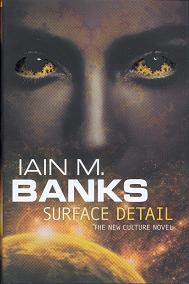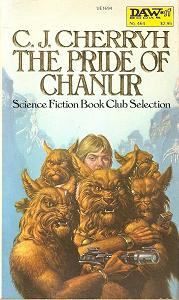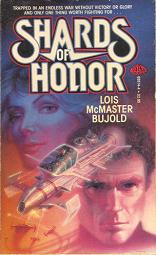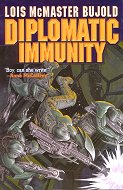Oh god, can I just never see two men salute each other while fighting back the manly tears of manliness ever again? Catvalente.
As Martin Lewis said: Now that Niall Harrison has completed his multi-million pound international transfer from Vector to Strange Horizons, last Friday’s linkdump at Torque Control was probably the last. This leaves a gap in the market for an intelligent round-up of the best links from across the genre blogosphere. This probably isn’t that, but it’ll do until somebody starts something better.
- The Year of Reading Women: Torque Control,
- Ian Sales (first review),
- Martin Lewis
- and yours truly.
- Steampunk is now officially over: “‘Steampunk Palin’ Comic More Insane Than You Imagined“.
- Paul McAuley is thinking about publishing his out of print short story collections as e-books, asked for feedback from his readers and got it.
- At The Guardian, Sam Jordinson is blogging the Hugo winners again, this time covering Isaac Asimov’s The Gods Themselves. Also: Joseph Conrad’s science fiction novel.
- SF Signal Mind Melt: the Future of Publishing with Nick Mamatas, Tim Pratt Cheryl Morgan, Neil Clarke, Gordon van Gelder and Lou Anders. Mamatas is his usual nuanced self: “The major houses are pigs and some of them are going to die. We should gleefully bathe in their blood and fat!”
- Shaun Tan’s The Lost Thing is nominated for the Best Animated Short Oscar. Trailer.
- Is science fiction getting more conservative? Since this is Pajamasmedia (sic), no real answer to this question is given, but all involved get to indulge in a good oldfashioned whingefest about how oppressed rightwing science fiction writers are.
- Speculative fiction considered harmful.
- More women writing science fiction: Abigail Nussbaum looks at Joanna Russ and Gwyneth Jones
- And finally something that has nothing to do with science fiction, but is still the most sfnal thing you’ll have read this month.



